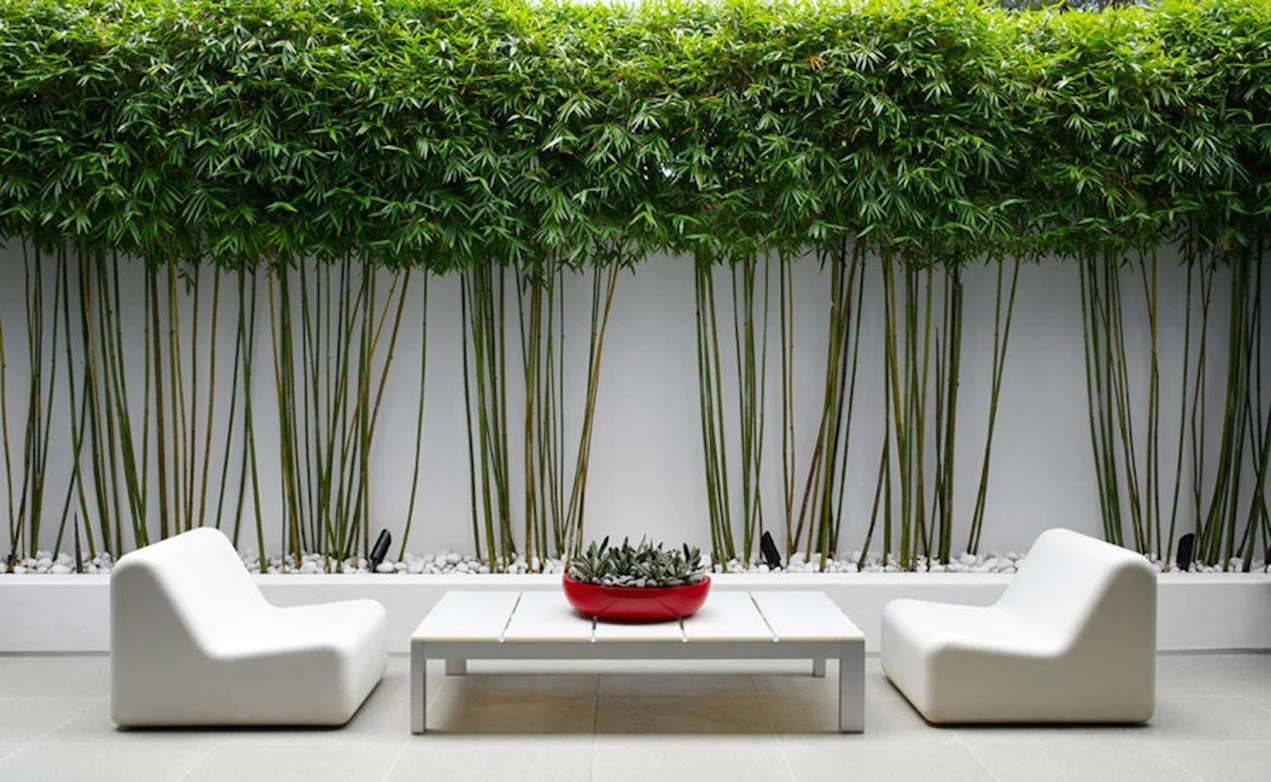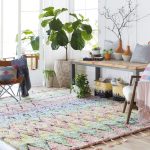Bamboo is a versatile and sustainable material that can add beauty, functionality, and a touch of serenity to your garden design. Known for its fast growth and durability, bamboo can be used in various ways to create stunning and eco-friendly landscapes. In this essay, we will explore 14 creative ways to incorporate bamboo into your garden design.
♦ Privacy Screens and Fences
One of the most popular uses of bamboo in garden design is as a privacy screen or fence. Bamboo can be planted close together to create a dense barrier, shielding your garden from prying eyes and providing a sense of seclusion. The tall and slender stalks of bamboo add an elegant and natural touch to the landscape, creating a tranquil and calming atmosphere.
♦ Windbreaks and Noise Reduction
Bamboo’s dense growth habit and tall stalks make it an excellent choice for windbreaks. By strategically planting bamboo in exposed areas, you can protect your garden from strong winds and minimize damage to delicate plants. Additionally, bamboo can also act as a natural noise barrier, reducing the impact of unwanted sounds from nearby roads or neighbors.
♦ Vertical Gardening and Trellises
Bamboo can be utilized as a trellis or support structure for climbing plants, enabling vertical gardening. By weaving bamboo stakes or poles together, you can create a sturdy framework for plants like vines, beans, or tomatoes to climb. This not only maximizes space utilization but also adds visual interest and dimension to your garden.
♦ Pergolas and Arbors
Incorporating bamboo into pergolas and arbors can bring a touch of exotic charm to your garden design. Bamboo’s natural aesthetic lends itself well to creating beautiful structures that provide shade, support climbing plants, and serve as focal points within the garden. Whether you choose to use whole bamboo poles or split them for a more intricate design, pergolas and arbors made from bamboo can transform your outdoor space into a tropical oasis.
♦ Water Features
Bamboo can also be used to create stunning water features, such as fountains, waterfalls, or even simple spouts. Bamboo’s hollow stalks can be repurposed as water channels or pipes, allowing for the gentle flow of water. The sound of trickling water combined with the natural beauty of bamboo creates a serene and soothing ambiance in your garden.
♦ Garden Edging and Borders
Bamboo can be employed as a natural and eco-friendly alternative to traditional garden edging materials. Bamboo poles can be buried vertically along garden beds or pathways, creating a clean and defined border. This not only adds structure and organization to the garden but also prevents the encroachment of grass or weeds.
♦ Decorative Structures and Ornaments
Bamboo’s versatility allows for the creation of various decorative structures and ornaments in your garden. From garden sculptures and planters to lanterns and wind chimes, bamboo can be shaped and crafted into unique and eye-catching pieces. These additions not only enhance the aesthetic appeal of your garden but also bring a sense of harmony and tranquility.
♦ Raised Beds and Planters
Bamboo can be utilized to construct raised beds and planters, providing a practical and attractive solution for growing vegetables, flowers, or herbs. Bamboo’s strength and resistance make it suitable for supporting the weight of soil and plants. By using bamboo as the frame or sides of raised beds and planters, you can create a sustainable and long-lasting growing space.
♦ Garden Pathways and Bridges
Bamboo can be incorporated into garden pathways and bridges, adding an element of natural beauty and intrigue. Bamboo poles can be laid horizontally to create stepping stones or formed into a bridge structure, allowing you to traverse over water features or low-lying areas of your garden. These bamboo features serve both functional and aesthetic purposes, enhancing the overall design of your outdoor space.
♦ Screening and Shade Structures
Lastly, bamboo can be used as a screening and shade structure in your garden. By planting bamboo strategically, you can create natural shade areas that provide relief from intense sunlight. Additionally, bamboo can be woven or arranged to create a more solid shade structure, allowing you to enjoy your garden even during the hottest parts of the day. This is particularly useful for outdoor seating areas or dining spaces.
♦ Bamboo Furniture and Structures
Bamboo can be used to create unique and sustainable furniture pieces such as chairs, benches, and tables. Bamboo furniture adds a natural and organic touch to your garden design, blending seamlessly with the surrounding environment. Additionally, bamboo can also be used to construct small structures, like gazebos or pergolas, providing a shaded and comfortable area for relaxation and socializing.
♦ Garden Borders
Bamboo can be used as a decorative border for your garden beds. Whether you opt for low-growing varieties or taller ones, bamboo borders will add a touch of elegance and structure to your garden design.
♦ Screening Unwanted Views
If you have unsightly views or areas in your garden that you wish to conceal, bamboo screens can be an ideal solution. Install a bamboo screen to hide unattractive elements while creating a visually pleasing focal point in your garden.
♦ Mulch
Bamboo mulch is an organic and sustainable alternative to traditional mulch materials. Its ability to suppress weeds, retain moisture, and enrich the soil makes it an excellent choice for improving the health and appearance of your garden.
Using bamboo in your garden design offers a multitude of possibilities to enhance the beauty, functionality, and sustainability of your outdoor space. From privacy screens and fences to pergolas and arbors, vertical gardening to water features, bamboo can be incorporated in numerous creative and practical ways. By leveraging the versatility of bamboo, you can create a garden that is not only aesthetically pleasing but also eco-friendly and harmonious with nature. Consider these ideas and let your imagination run wild as you explore the many possibilities of utilizing bamboo in your garden design.


